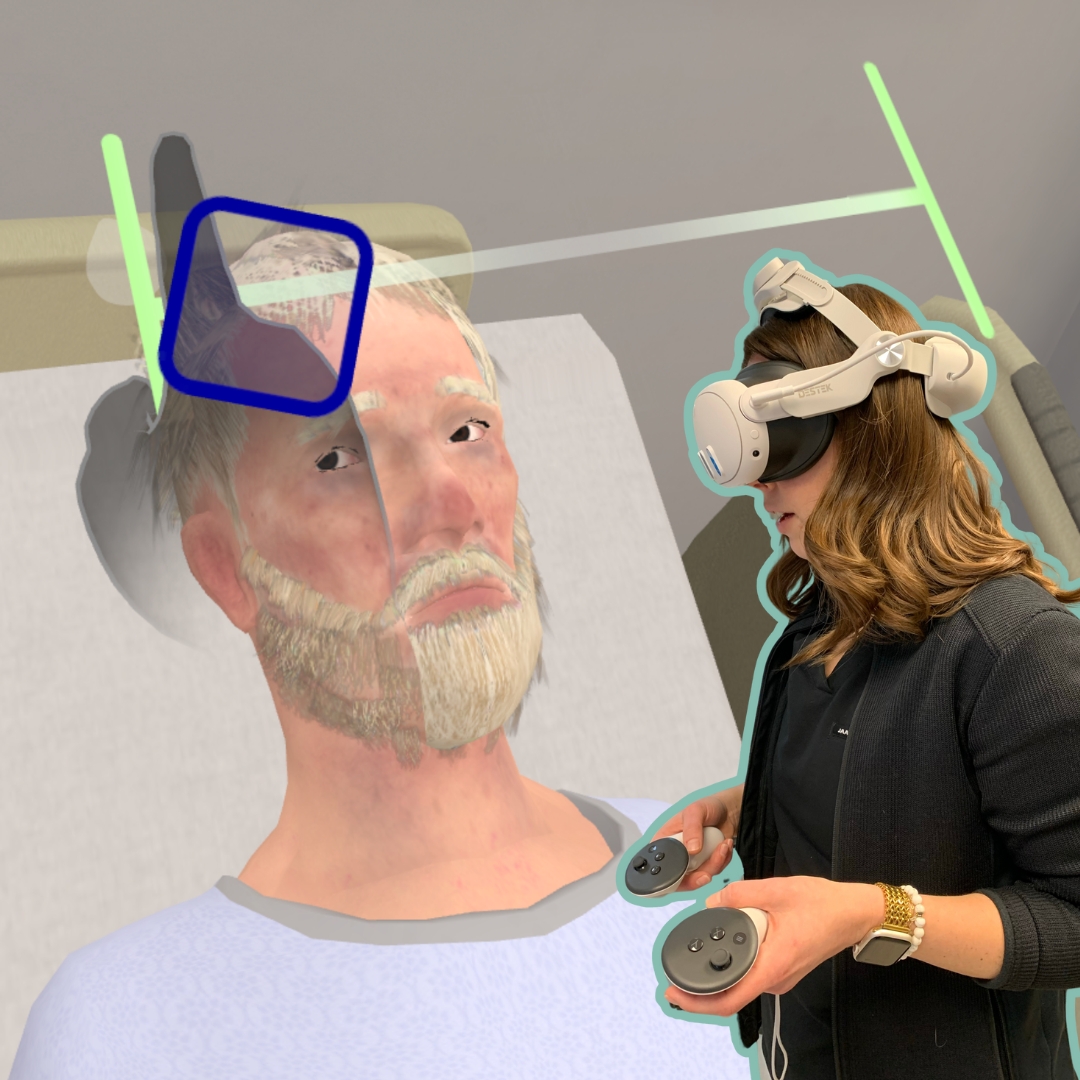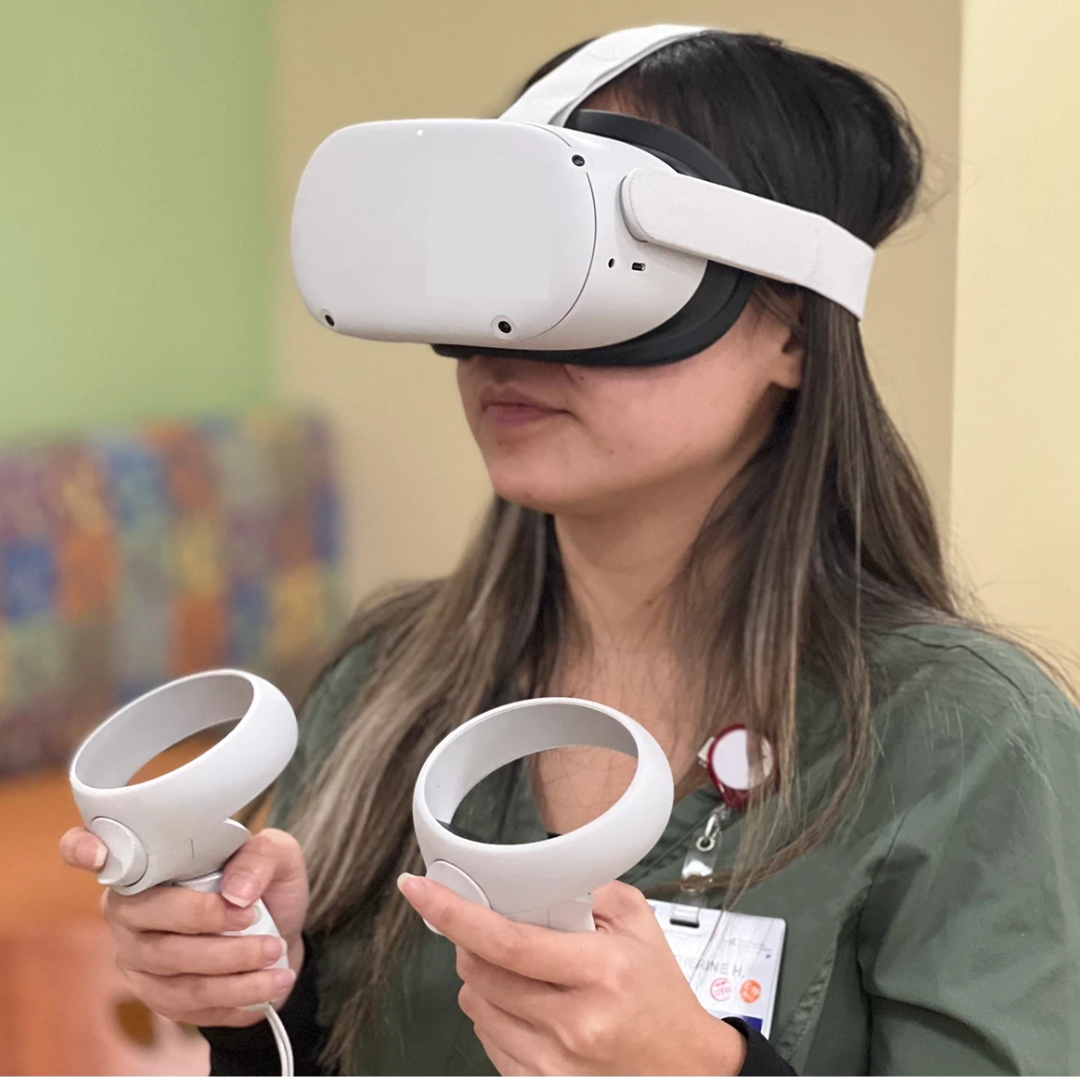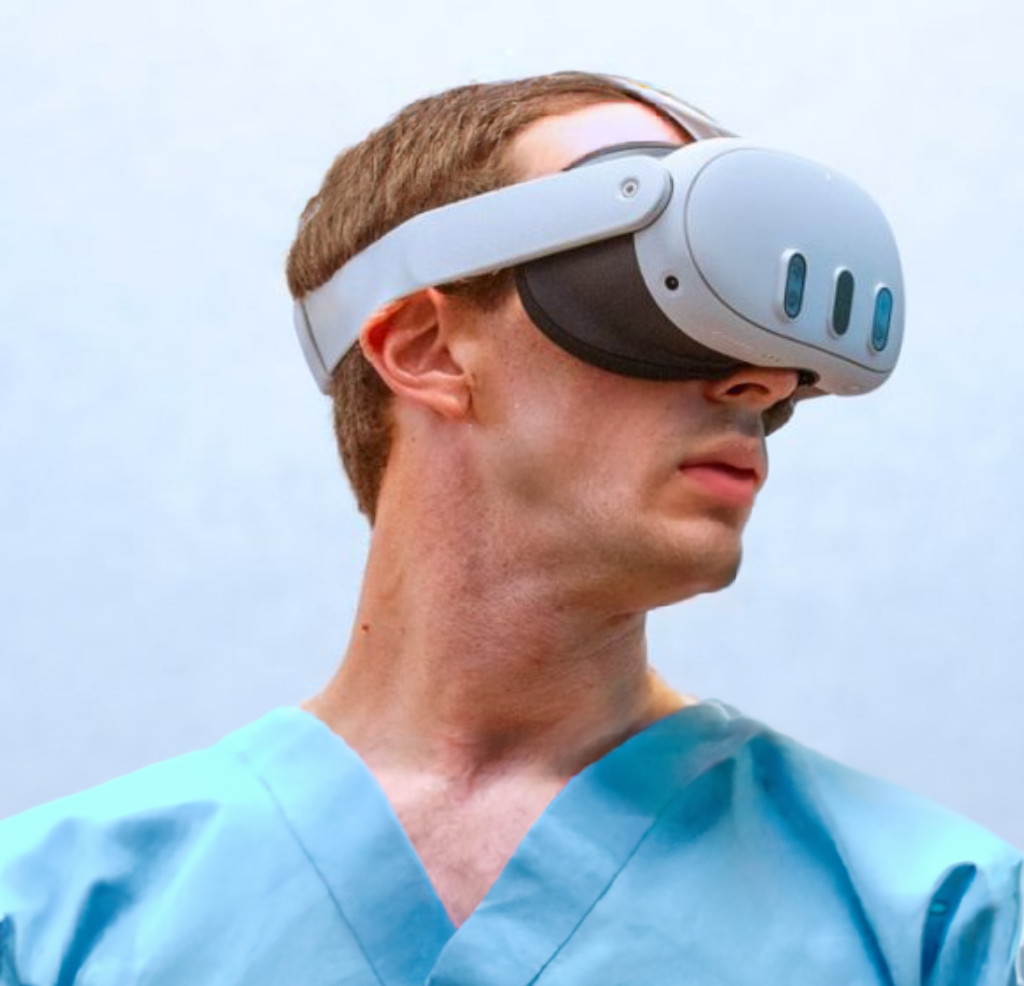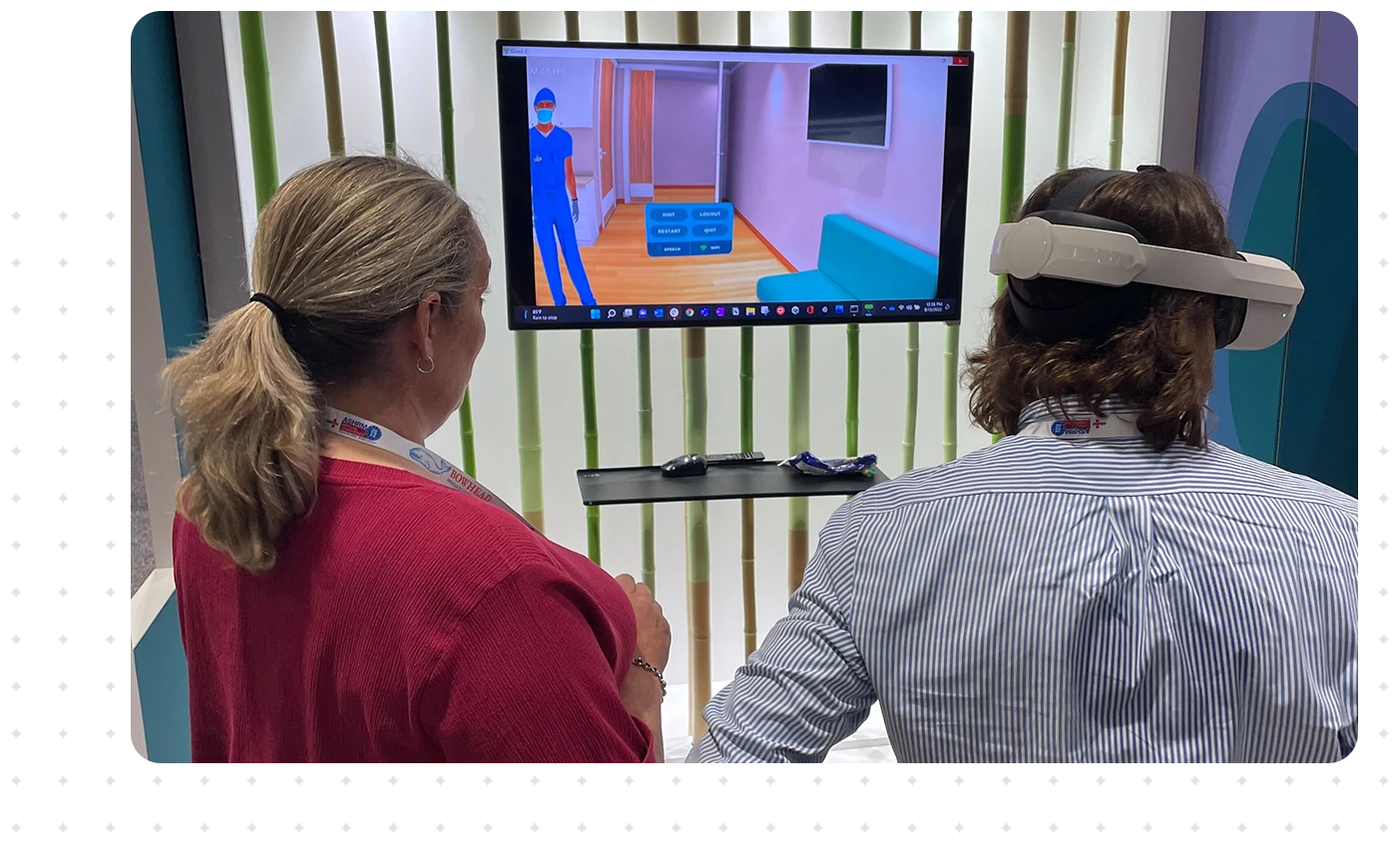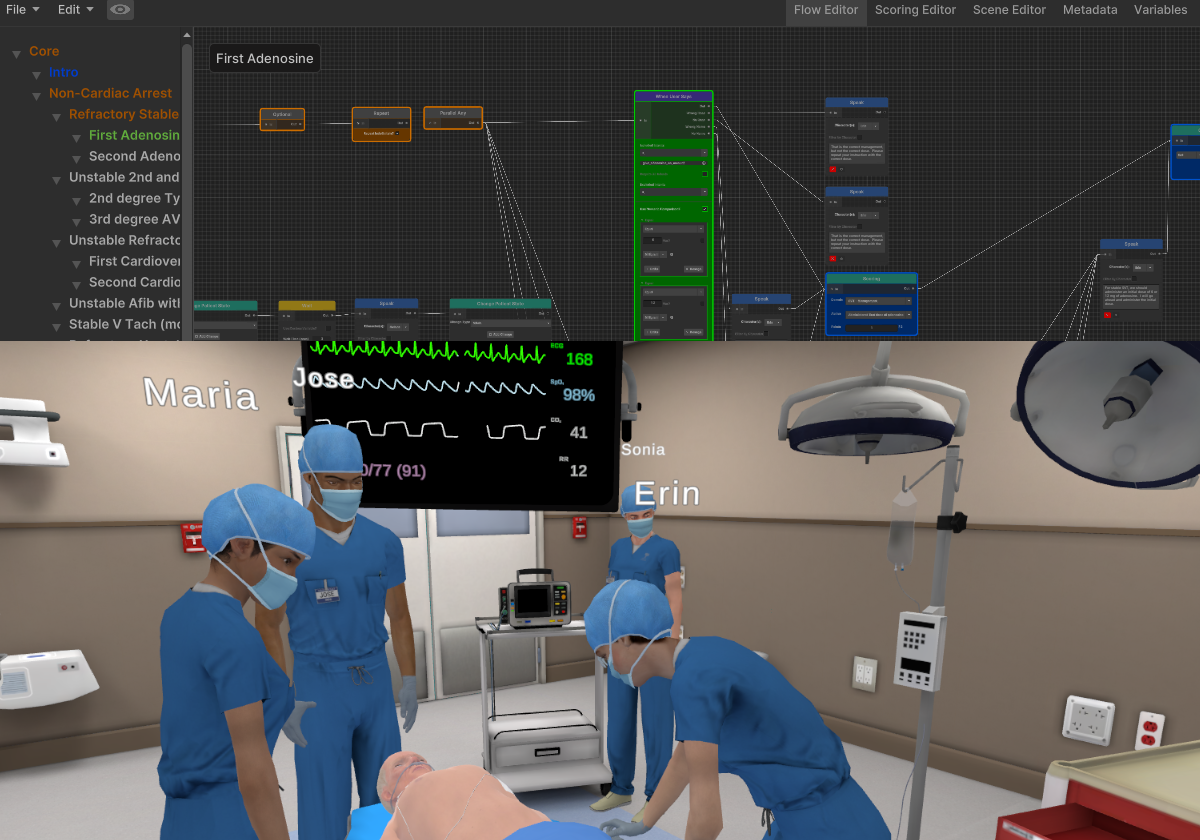Blog/News Feed
Recent News
Read up on Health Scholars recent news


The world of VR medical training just changed—again. We are proud to introduce Cosmos 2.0, a fully modular VR training platform...


Health Scholars Unveils Cosmos 1.0: Revolutionizing VR Training Access Health Scholars is thrilled to announce the release of Cosmos 1.0, marking a significant advancement in its ongoing efforts to streamline the user experience for its VR training courses. Seán Ketterick, CEO of Health Scholars, commented on the launch, "The Cosmos release milestone reflects our unwavering commitment to...


In Denver, HealthONE is now using virtual reality (VR) to practice certain scenarios that are high stakes or hard to simulate.


At the Center for Clinical Advancement in Englewood, HealthONE registered nurse Mary Aung is going through a virtual reality simulation of a fire in an operating room.


NYC Health + Hospitals today announced the introduction of new virtual reality (VR) technology to its course library of obstetrics (OB) simulation trainings. Co-developed with Health Scholars, a provider of innovative VR healthcare simulations, OB providers across the City’s health care system will be able to hone in on skills to earlier detect and successfully...


Relias, trusted partner to more than 11,000 healthcare organizations and 4.5 million caregivers, announced today that it has partnered with Health Scholars, the leading provider of virtual reality (VR) clinical training for healthcare professionals, to further Relias' commitment to pursue innovative technology by enhancing its obstetrics (OB) product offerings.


Unless you’re living under a real-life rock, you’ve likely heard that Facebook, Microsoft, and Walmart are all making land grabs for the metaverse, a domain of the internet where individuals engage with or immerse themselves within virtual worlds with the help of digital tools. While the concept of the metaverse has been around for decades,...


U.K.-based Oxford VR, which is backed by Optum Ventures, offers a clinically validated virtual reality platform to treat mental health patients. MindMaze recently raised $100 million in funding for its virtual reality technology that has primarily been used for stroke victim therapy in European hospitals. Health Scholars uses VR for clinical training...


With results indicating VR’s effectiveness – and cost savings up to 83% – VR is on its way to becoming a viable alternative to train and assess competencies at scale and a legitimate solution to preventing ACLS skills decay that contribute to poor survival outcomes.


Health Scholars’ virtual reality training prevents ACLS skills decay by enabling learners to physically engage in code situations at an appropriate frequency. It’s realistic, clinically accurate and can be completed at the convenience of the learner.” - Daniel Katz, Anesthesiologist, ACLS Instructor


Aya Healthcare, the company transforming healthcare staffing and workforce solutions nationally, announced its partnership with Health Scholars today. Aya will leverage Health Scholars' screen-based and virtual reality simulation course content to provide advanced continuing education to their travelers.
Recent Blog Posts
Read the latest and greatest, authored by Health Scholars
Cosmos 2.0: The Future of VR Training is Here
Akmal Idris2025-03-03T13:47:08-07:00March 4, 2025|
The world of VR medical training just changed—again. We [...]
Introducing Cosmos 1.0!
Brittany Ray2024-08-01T13:54:20-06:00July 15, 2024|
Health Scholars Unveils Cosmos 1.0: Revolutionizing VR Training Access Health [...]
Introducing the Meta Quest 3
Spencer Hernandez2023-11-21T21:33:36-07:00November 21, 2023|
Meta Quest 3- Incorporating the Meta Quest 3 headset into [...]
Revolutionizing Medical Training with Custom VR Content
Spencer Hernandez2023-11-08T11:16:48-07:00November 8, 2023|
Revolutionizing Medical Training with Custom VR Content In the ever-evolving [...]
Effective VR Implementation: Setting Goals and Metrics for Success in Healthcare
Spencer Hernandez2023-08-08T13:27:17-06:00August 8, 2023|
Don’t Do VR for the Sake of VR Most healthcare [...]
Standardization Meets Personalization: The Journey Towards Personalized VR Healthcare Training
Akmal Idris2023-07-21T12:27:35-06:00July 21, 2023|
Standardization Meets Personalization: The Journey Towards Personalized VR Healthcare Training [...]

